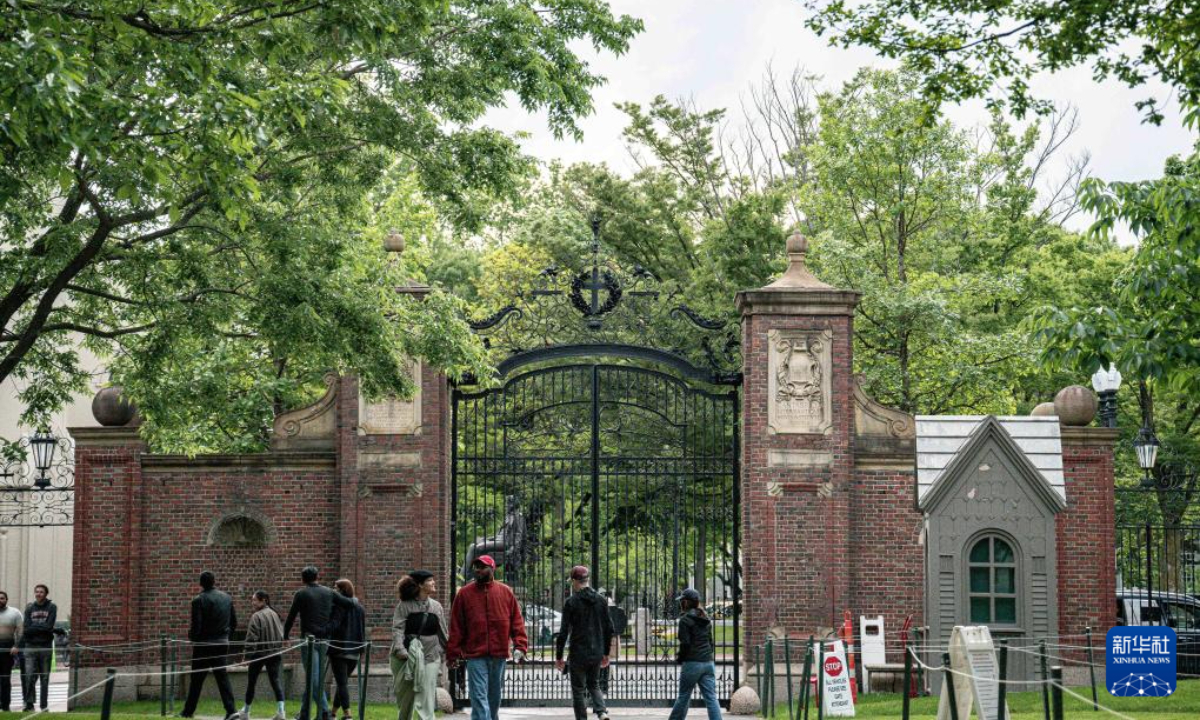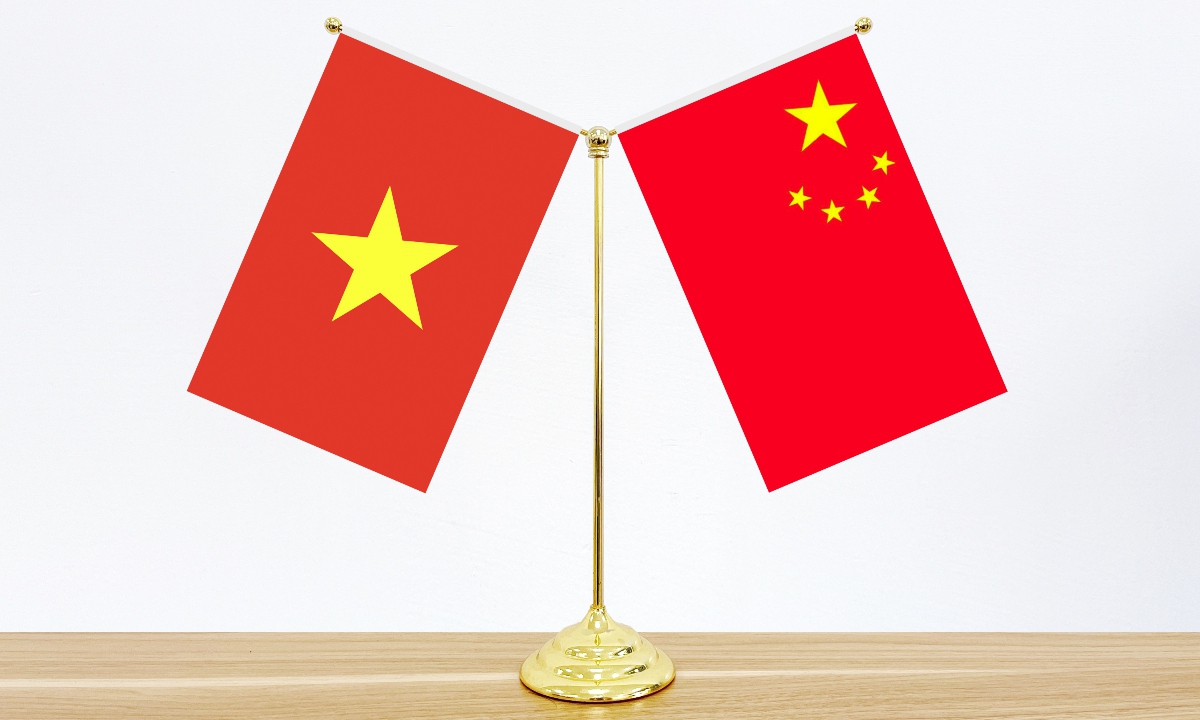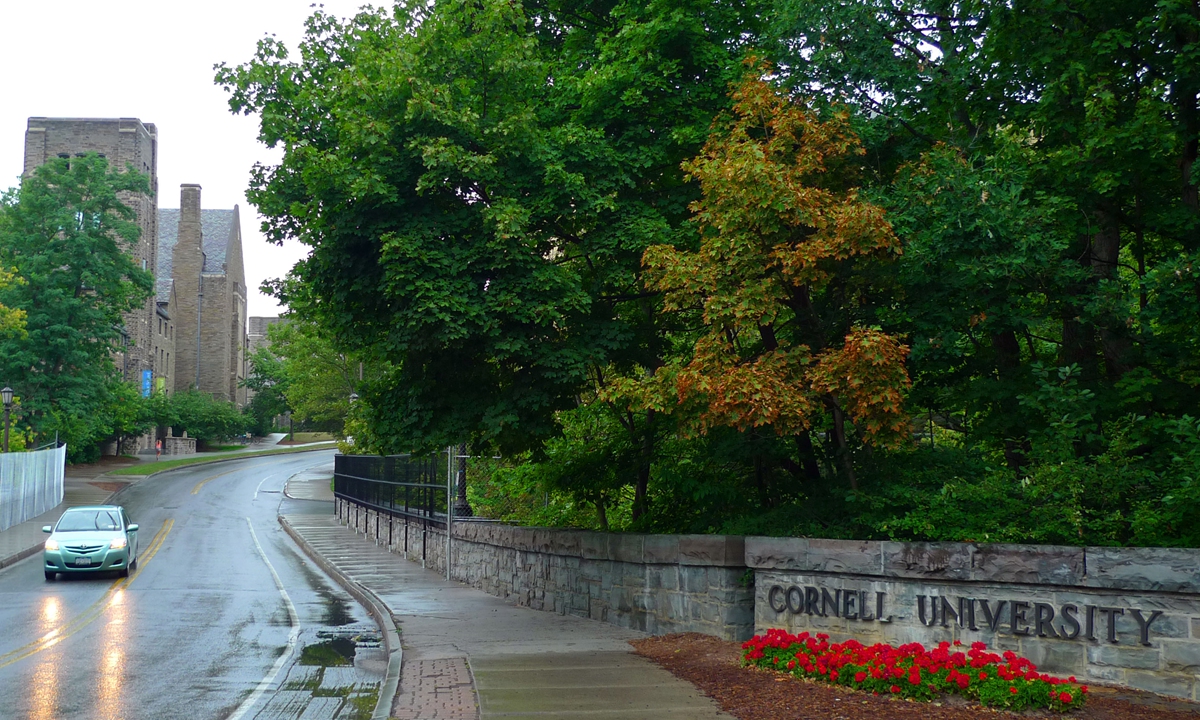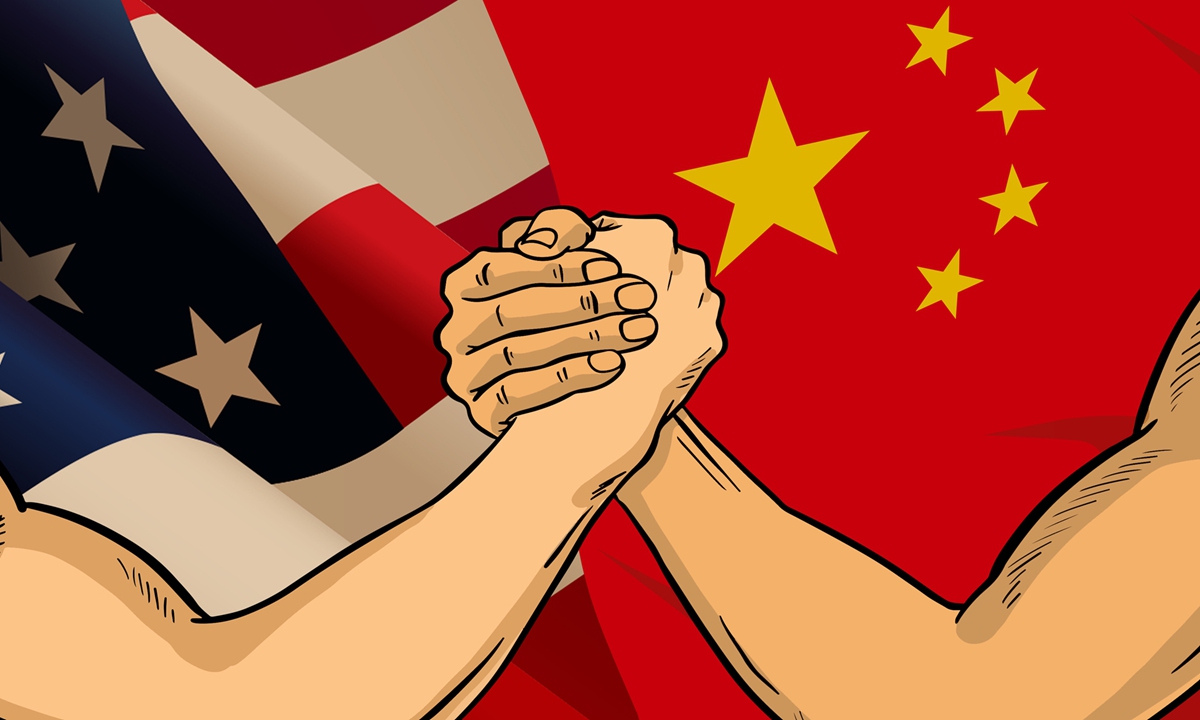US decision to revoke Chinese student visas condemned by FM, drawing anger and frustration among experts, students

Photo:Xinhua
China firmly opposes the US decision to revoke Chinese student visas and has protested to the US over the decision, Chinese Foreign Ministry Spokesperson Mao Ning said on Thursday, noting that the US move is unjustified. It uses ideology and national security as pretext. It seriously hurts the lawful rights and interests of international students from China, and disrupts people-to-people exchanges between the two countries, the spokesperson said.This politically motivated and discriminatory move exposes the US hypocrisy over freedom and openness, said Mao, adding that the decision will further damage US image and reputation.
In a statement released on US Department of State on Wednesday, US Secretary of State Marco Rubio said that the State Department will work with the Department of Homeland Security to aggressively revoke visas for Chinese student, and revise visa criteria to enhance scrutiny of all future applications from China.
Some experts reached by the Global Times on Thursday criticized the US move, warning that the politicization of educational exchange will only undermine the foundations of academic collaboration and erode US competitiveness.
Wu Xinbo, director of the Center for American Studies at Fudan University, said the US move is a clear continuation - and escalation - of the Trump administration's China pressure strategy. It reflects a US attempt to erect a "visa wall" and disrupt people-to-people exchanges, while coordinating with broader containment tools like tech export bans.
Wu noted that while the short-term impact will be felt most acutely by Chinese students facing academic and career disruption, the long-term consequences may be more damaging to the US itself. "As the flow of Chinese students - an essential source of global talent - dwindles, the US risks eroding its competitiveness in research and innovation," said Wu.
It is appalling what the US government is doing - attacking universities, journalists, international students, and the entire visa process, Christopher Merrill, a professor from the University of Iowa, told the Global Times on Thursday, noting that these moves are causing more damage to America's global image than one could imagine.
He said that international students make a huge difference at American universities. Universities are where ideas come together - where students from around the world train and contribute. "They make America stronger, better, and more interesting. What the government is doing will make America smaller, weaker, and less intelligent," noted Merrill.
Some Chinese students studying in the US also expressed anger and frustration upon hearing about the decision. Julian Lei, a Chinese master's student at the University of Texas at Austin, had planned to return to China this summer and re-enter the US in the fall to begin a PhD at the University of Pennsylvania but is now deeply concerned about whether he will be allowed back in.
Lei told the Global Times that he had already considered returning to Asia for academic work after graduation, and the current developments in the US have solidified his decision. He noted many of his peers are also turning to opportunities outside the US.
Wang Zichen, who just graduated with a mid-career Master in Public Policy degree, told the Global Times that the US government's actions are sending a clear message to China's younger generation that "America is a hostile, unpredictable, and unwelcoming country."
Wang also noted that Chinese students in the US have made vital contributions to the economy, science, and research on American campuses. The latest decision not only harms these students and strains US-China relations but also shortsightedly undermines long-term US strategic and economic interests, he added.
Wang believed that for decades, many Chinese students who studied in the US returned home not only with expertise but also with a respect for a society that had welcomed them openly. "Those times are fading," said Wang, noting that "the US is shooting itself in the foot. The loss in soft power is immeasurable."



